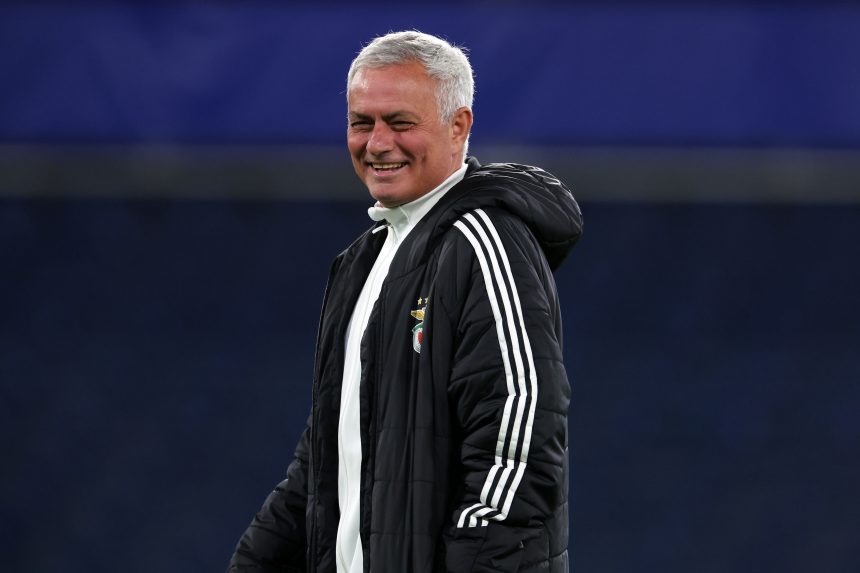
When Jose Mourinho walked back through the doors of Benfica this summer, it felt like football had come full circle. Nearly 25 years after his brief, fiery spell in charge of the Lisbon giants, the self-styled “Special One” is back at the Estádio da Luz. But this time, the stakes are far higher. Mourinho is not returning as a precocious coach trying to make his name — he is returning as a decorated legend with everything to prove.
A Career Defined by Europe
Mourinho’s career is written in Champions League history. From Porto’s fairytale triumph in 2004 to Inter Milan’s historic treble in 2010, he made his reputation by masterminding nights of European drama. Even at Chelsea, Real Madrid, and Manchester United, Mourinho’s legacy was tied to how far his teams could go under the bright lights of UEFA’s elite competition.
But in recent years, the magic has faded. His tenure at Tottenham ended without a trophy, while at Roma he found solace in the Europa Conference League but struggled to climb higher. Critics began to ask: has the game outgrown Mourinho?
Returning to Benfica: A Romantic Gamble
For Benfica, the appointment of Mourinho was both romantic and risky. He left the club abruptly in 2000 after clashing with the board, but his shadow has loomed large over Portuguese football ever since. Now, with Benfica desperate to translate domestic dominance into European credibility, they’ve turned to the man who once conquered Europe from their own backyard.
Mourinho inherits a squad rich in young talent — João Neves, António Silva, and Gonçalo Guedes among them — but also one that has repeatedly faltered in the knockout stages. Benfica’s board are banking on his tactical nous and unrivalled experience to break that cycle.
Can He Still Cut It?
The question lingers: does Mourinho still have the tools to thrive in a competition that has evolved rapidly? The Champions League is now dominated by high-pressing, possession-heavy sides like Manchester City, Bayern Munich, and Real Madrid. Mourinho’s pragmatism, once revolutionary, can look outdated against the modern game’s intensity.
Yet, write him off at your peril. If anyone knows how to bend the rules of footballing orthodoxy to his will, it is Mourinho. His ability to construct compact, ruthless sides designed for knockout football remains unmatched. With Benfica, he may have the chance to remind the football world that he can still master the art of the upset.
A Defining Chapter
For Mourinho, this feels like a last dance in the competition that made him famous. Success at Benfica would cement his legacy as the greatest manager Portugal has ever produced, proving that even in his sixties, he can outwit Europe’s finest. Failure, however, would confirm the fears of many: that the Special One belongs to a different era.
One thing is certain — with Mourinho back in the Champions League, the drama is guaranteed. And for Benfica, that might be exactly what they need.
